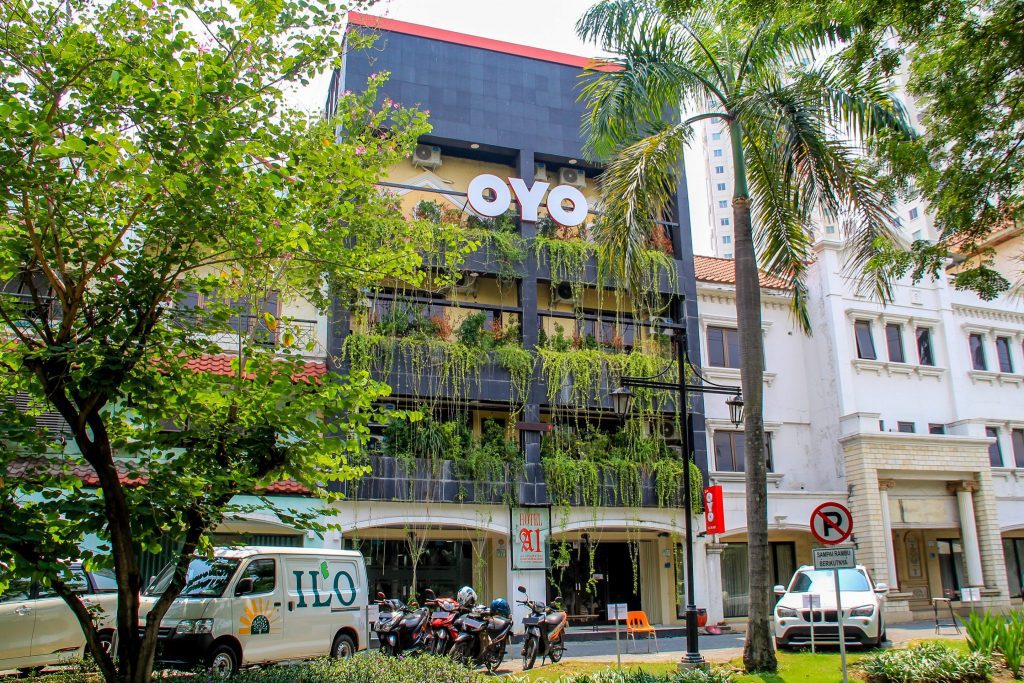Skift Take
Oyo has the money to spend and is putting skin in the game to scale fast in Southeast Asia. The region’s industry will be hearing a lot more of Oyo in 2019. But not everyone may be enthralled.
Oyo Rooms is doubling its investment in Southeast Asia to $200 million, saying that amount is just a start. When it becomes the world’s largest hotel chain in scale, revenue, and margin by 2023, it will have over two million rooms from over 25,000 hotels in Southeast Asia alone, founder & CEO Ritesh Agarwal told Skift in a matter-of-fact way.
No wonder no other name in the hotel industry today possibly raises as many emotions as Oyo does. There’s admiration and envy, but also skepticism and incredulity at the kind of numbers the 25-year-old college dropout is spewing, and whether Oyo’s eventual profitability will be fact — or fiction.
Oyo initially announced an investment of $100 million in Indonesia but in an interview with Skift, Agarwal said it is committing $200 million to the broader Southeast Asia region, adding this “is only the initial commitment…our longterm ambition is to be the biggest hotel chain in Southeast Asia and the world.”
Southeast Asia has been “so fantastic,” he said, pointing to “attractive” initial results since entering Indonesia last October with over 30 hotels and 1,000 rooms in Jakarta, Surabaya and Palembang. This has grown five times in just three months to over 4,100 rooms from more than 150 hotels in 16 cities, he said.
As with elsewhere, about 30 percent of the assets are leased, from partners such as real estate developer Adhi Persada Properti, while 70 percent are franchises.
Agarwal cited STR’s figure of 300,000 to 500,000 unbranded rooms in Indonesia, pointing out that this is only a fraction of Southeast Asia’s estimated 10 million unbranded rooms from 300,000 hotels.
“Of the 10 million unbranded rooms, 4.4 million can actually be found through online websites. So it’s a large market opportunity. I of course have a lot of appreciation for what Ibis and others have done but singlehandedly they are not able to manage the requirements of young Indonesians, Vietnamese, Malaysians who need quality living spaces,” said Agarwal.
[caption id="attachment_319620" align="alignright" width="240"] Ritesh Agarwal[/caption]
He said he would go “deep and wide” in Southeast Asia, and organically rather than through acquisitions. Already, Oyo has 300 development people in the region who “can sign a contract in less than eight days from the first meeting with the asset owner, because we can predict the kind of returns the property can make.”
“We like to


